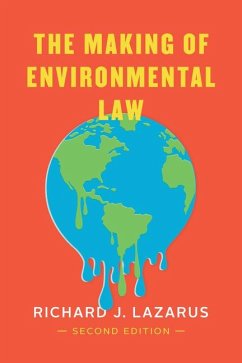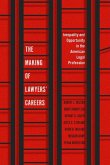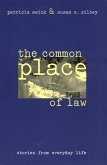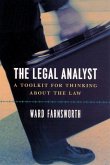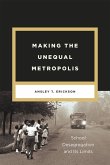"How did environmental law first emerge in the US? Why has it evolved in the ways that it has? And what are the unique challenges inherent to environmental lawmaking in general and in the United States in particular? Since its first edition, The Making of Environmental Law has been foundational to our understanding of these questions. For the second edition, Richard Lazarus returns to his landmark book and takes stock of developments over the last two decades. Drawing on many years of experience on the frontlines of legal and policy battles, he provides a theoretical overview of the challenges that environmental protection poses for lawmaking, which relate both to the spatial and temporal dimensions of ecological change and to the distinctive features of US lawmaking institutions. He then explains why environmental law emerged in the manner and form that it did in the 1970s and traces how it developed over sequent decades through specific laws and controversies. New chapters, written for the second edition, examine how Congress dropped out of environmental lawmaking in the early twenty-first century, the shifting role of the judiciary from catalyst to skeptic of ambitious environmental protection requirements, the long overdue efforts to provide environmental justice to disadvantaged communities, and the destabilization of environmental law that has resulted from the election of Presidents with dramatically clashing environmental policies. As the nation's partisan divide has grown deeper and the challenge of climate change has dramatically raised the perceived stakes for opposing interests, environmental law has faced its greatest challenge yet in the United States. This book is essential reading for understanding where we have been and what challenges and opportunities lie ahead"--
Hinweis: Dieser Artikel kann nur an eine deutsche Lieferadresse ausgeliefert werden.
Hinweis: Dieser Artikel kann nur an eine deutsche Lieferadresse ausgeliefert werden.

